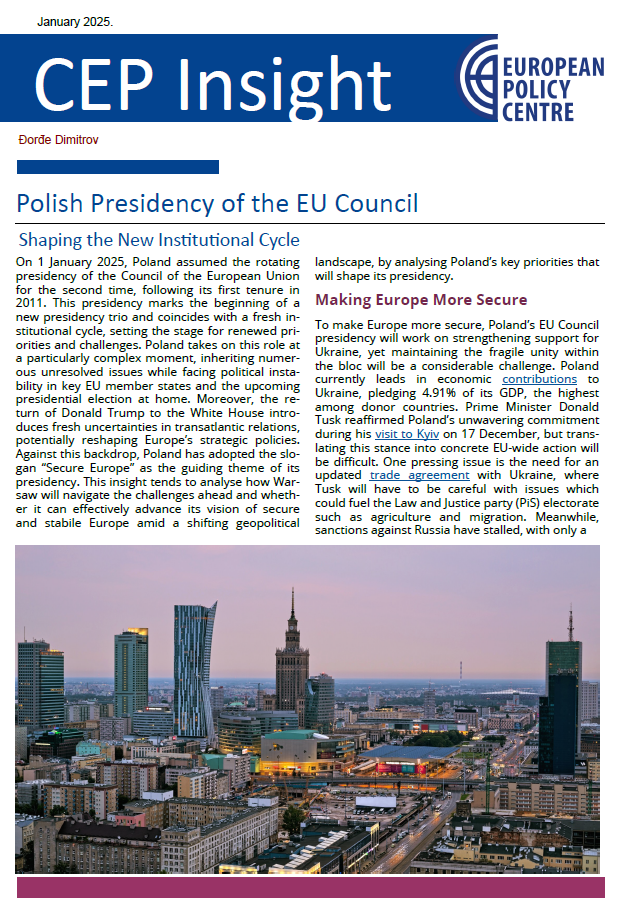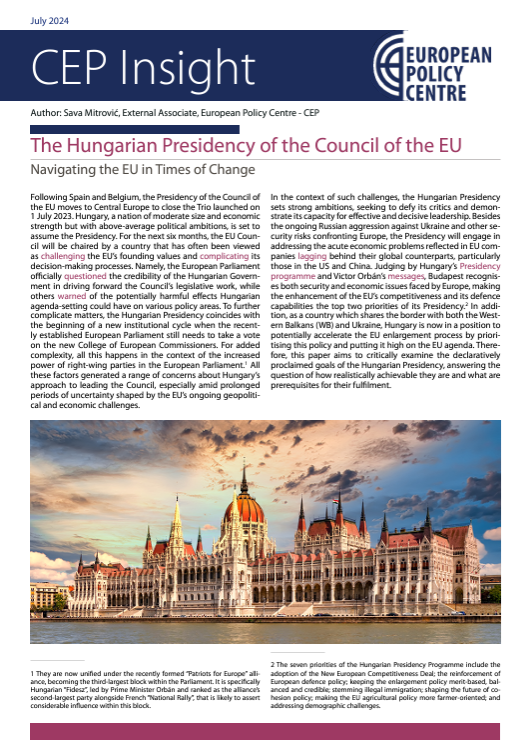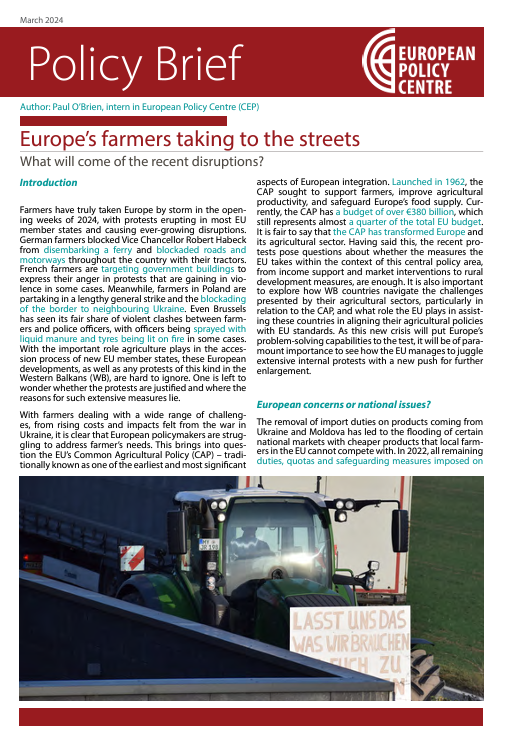Headquarters: Svetog Nauma 7, 11000
Office address: Đorđa Vajferta 13, 11000
Phone:: +381 11 4529 323
The Russian invasion of Ukraine has been a significant trigger for the resurgence of mandatory military service in Europe. As a result of the invasion, the EU has found itself in a position of heightened concern for its own security. Beyond considering how to best support Ukraine, the Union has also been preparing for the worst-case scenario of aggression progressing and extending beyond Ukraine to an EU member state. This overarching strategic thinking has led to a rise in military capacities among member states, sparking a new wave of militarisation in Europe. Consequently, the idea of conscription—mandatory military service for all eligible male citizens—is resurfacing, despite its abandonment in the early 2000s, based on the belief that future wars would not require extensive ground forces. Renewed proposals for conscription sprung up in several EU member states and, perhaps unexpectedly, in Serbia, an EU candidate country.
This insight aims to shed light on conscription as part of a broader remilitarisation trend among EU member states and analyse how it fits within the EU’s framework of resilience and strategic autonomy. In the second part, the paper compares Serbia’s intention to reintroduce conscription with the intentions of its EU counterparts, investigating whether Serbia’s move is part of the same remilitarisation trend or driven by purely national motives. Given the country’s thorny path towards EU membership due to insufficient rule of law standards, foreign policy alignment, and unresolved issues with Kosovo, the paper particularly examines whether the reintroduction of conscription might have any detrimental effect on regional dynamics and Serbia’s EU aspirations.


